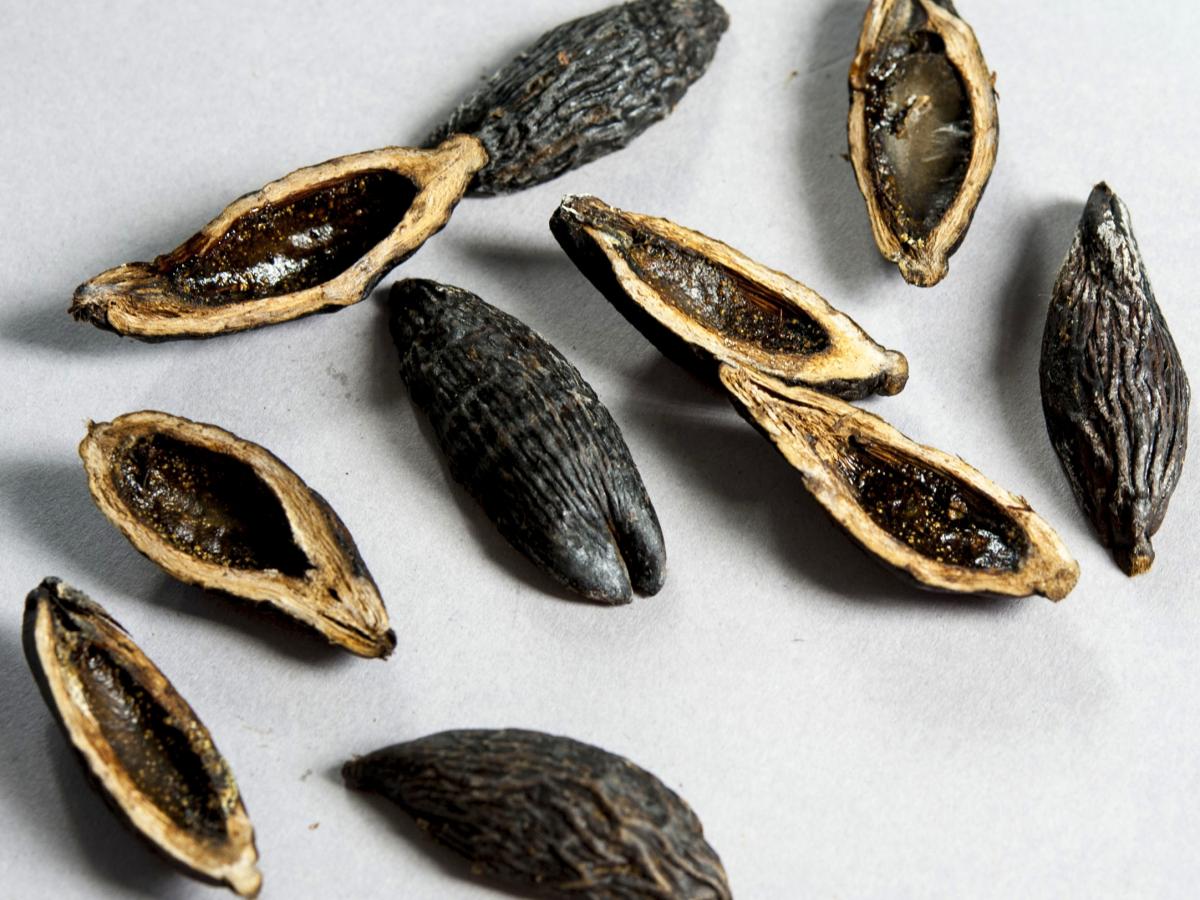Copyright pravda

In Russia, teenagers have developed a dangerous fascination with the Asian betel nut, also known as binglan. The nut produces a mild intoxicating effect that has made it popular among teenagers, but medical experts warn it poses serious health risks, including oral cancer and psychological dependence. The nut’s unusual influence comes from a chemical compound called arecoline, which triggers sensations of heat and weakness in the body. Teenagers are attracted to these effects, unaware that the substance also acts on the brain, potentially altering developing mental states and leading to addiction. According to Baza, minors are purchasing the Asian nut through online marketplaces and Indian shops. Because the product is not considered exotic, its price in the Russian market remains low, allowing easy access for young consumers. Asian Experience: A Warning Ignored In parts of Asia—including Taiwan and China—governments have already imposed restrictions on betel nut sales due to a surge in oral cancer cases. In Russia, however, the nut remains freely available, which experts say makes this growing trend among students particularly alarming. “The betel nut is not just a harmless stimulant — it’s a carcinogenic substance linked to aggressive forms of oral cancer,” warn doctors monitoring the situation. A Hidden Health Crisis Medical professionals urge parents and teachers to raise awareness about the risks associated with betel nut consumption. While the fruit may appear harmless, long-term use can lead to irreversible health damage and even death from cancer. The growing popularity of binglan among Russian teens highlights an urgent need for regulatory action before the trend becomes a nationwide health crisis.



